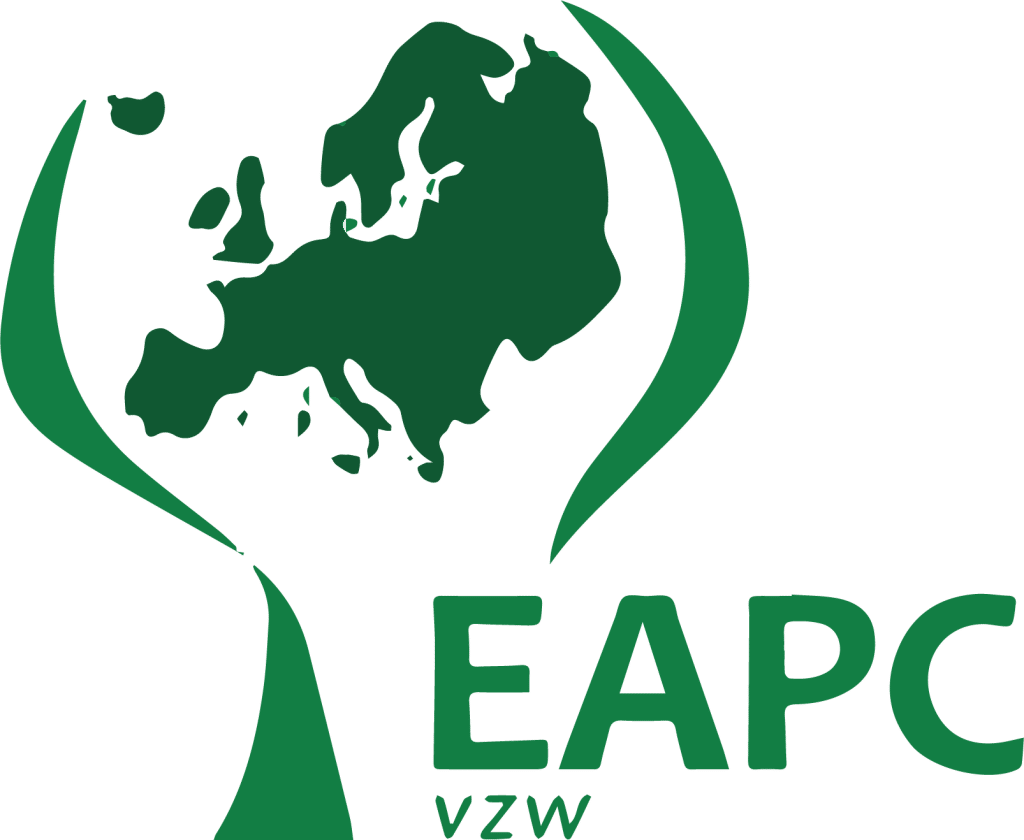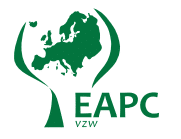PALLIATIVE CARE FOR PEOPLE WITH INTELLECTUAL DISABILITIES: BEST PRACTICE GUIDELINES AND CORE STANDARDS (2014)
The taskforce was approved in March 2012.
The work of the Taskforce has been completed publishing the White Paper with Consensus Norms for Palliative Care of People with Intellectual Disabilities which was approved by the EAPC Board in April 2014.
The White Paper was published in Palliative Medicine: Defining consensus norms for palliative care of people with intellectual disabilities in Europe, using Delphi methods: A White Paper from the European Association of Palliative Care.
Summary
This project aimed to improve palliative care for people with intellectual disabilities (ID) by publishing (1) examples of best practice and (2) consensus guidelines and core standards. This project sought to build on this existing national guidelines by assessing their applicability across Europe. There were considerable cultural and organisational differences between European countries. A Member Group, consisting of experts from different countries, drew up the initial guidelines and core standards, working mostly through electronic exchange of documents and comments. This were distributed among a large group of experts from 15 European countries, and feedback collected using the Delphi method. Simultaneously, we invited the submission of examples of best practice. The guidelines were approved by the EAPC Board in April 2015.
Aims & objectives:
The aim of the project was to improve palliative and end of life care for people with ID by:
- Identifying examples of good and promising practice across Europe
- Developing consensus guidelines and recommendations for core standards of care, research and education
- Publishing the good practice examples and consensus guidelines/standards that will be applicable and influential in Europe and beyond
Background
People with ID make up 2.5% of the population, with numbers rising 1% of its total every year due to improved health and social care. Life expectancy of people with ID who have reached adulthood now approaches that of the general population, with those over 50 years old being the fastest growing cohort of the ID population. Growing numbers of people with ID are developing life-limiting illnesses that require palliative care. Whilst several decades ago this group of patients lived and died in institutional care, segregated from the rest of society, in the 21st century people with ID in many European countries live in the community and rely on mainstream services for health care. Meeting the growing palliative care needs of people with ID thus presents a major challenge. There are no data available around detailing where people with ID are cared for at the end of life, and what conditions they die from. However, there is a small but growing body of research which indicates that there are a range of issues affecting end of life and palliative care for people with ID. Although most of the relevant publications are from the UK, many of these issues are likely to be applicable across Europe. The Palliative Care for People with Learning Disabilities (PCPLD) Network, which brings together practitioners in both ID and palliative care services to exchange experiences and best practice, was initially UK based but is beginning to attract wider membership from across Europe.
Partners and acknowledgments
PCPLD Network (Most members are professionals working in either intellectual disability services or palliative care services and family carers; many are based in the UK but there are a growing number of members across Europe. The ‘Group of Experts’ will be drawn from this organisation) and also the The National End of Life Care Programme; Mencap (a major UK charity, known as ‘The voice’ of people with ID); Public Health Department Vaud in Switzerland; the Royal College of Nursing; a range of uni-professional associations linked to Help the Hospices (the umbrella organisation for independent hospices in the UK); the National Council for Palliative care, UK; The Scottish Partnership for Palliative Care; and the National Network of Learning Disability Nursing; IASSID; Foundation of France; the National bank of solidarity for autonomy; the National observatory of end-of-life, France; Centre for Disability Studies, University College Dublin, Ireland.
CHAIR
Irene Tuffrey-Wijne
United Kingdom
MEMBERS
Steering committee
Leopold Curfs – Netherlands
Anne Dusart – France
Catherine Hoenger – Switzerland
Mary McCarron – Ireland
Linda McEnhill – Scotland
Dorry McLaughlin – Ireland
Sue Read – England
Karen Ryan – Ireland
Daniel Satgé – France
Benjamin Strasser – Germany
Britt-Evy Westergård – Norway

